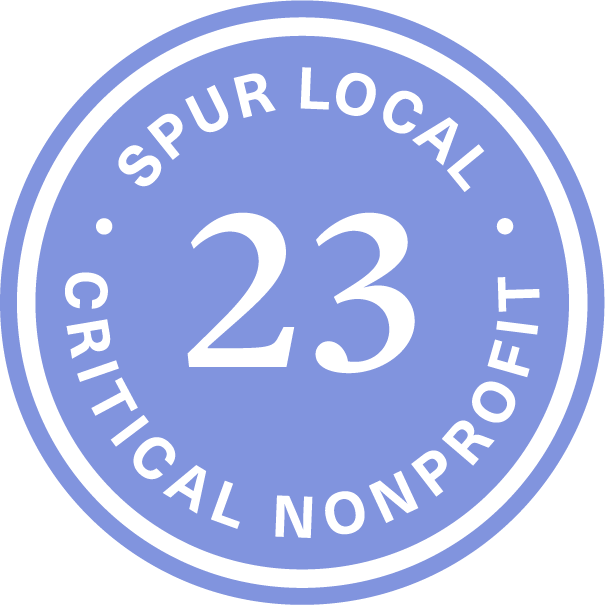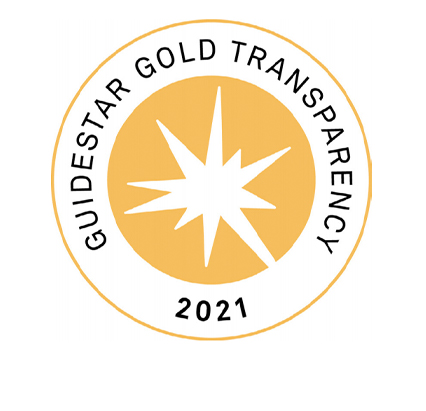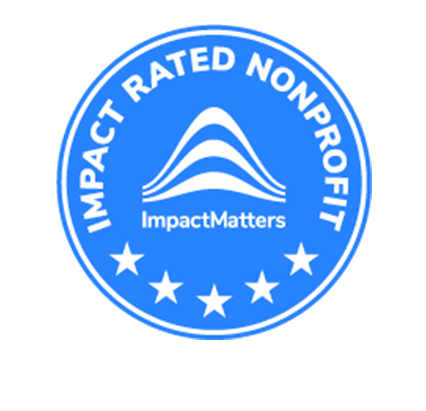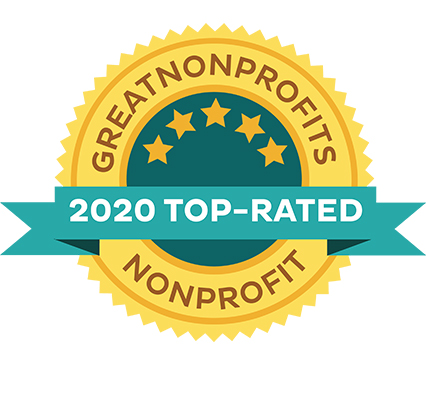“Movie nights” are a regular occurrence in our Cornerstone Program, but the film we screened on March 6th was different. We had the exciting opportunity to screen The Other City, a limited release documentary about HIV/AIDS in Washington, DC. The film told the stories of three people living with HIV, including J’Mia Edwards, an HIV+ mother of three about to lose her temporary housing. J’Mia, who has now achieved permanent housing and works with Metro TeenAIDS, attended our screening and met with our residents.
Although DASH doesn’t have a direct focus on HIV/AIDS, we know that intimate-partner violence and HIV are closely linked. Women who have experienced intimate partner violence are three-times more likely than non-abused women to have HIV. The relationship is two-fold: intimate partner violence increases a woman’s risk of contracting HIV, and HIV increases a woman’s risk of experiencing intimate partner violence. There’s a stereotypical ideas that the solution to the HIV epidemic is as easy as handing out condoms, but what if, as J’Mia Edwards asks in the film; “your partner is going to give you a black eye for asking him to wear one?” For too many women, violence is a more immediate threat than possibly contracting HIV or an STI.
J’Mia also stated many times in the film the importance of safe housing, and the role of safe housing in HIV prevention. The event highlighted the links between domestic violence, HIV, and homelessness.
We know that domestic violence exists across all demographics; a certain socioeconomic status or sexual orientation cannot protect against it. However, for low-income women, the effects of intimate partner violence can be more apparent and more devastating. According to the National Network to End Domestic Violence, 92% of homeless women have experienced severe physical or sexual abuse. About 25% of homeless women report domestic violence as the direct cause of their homeless; according to other studies, it’s the cause at least half of the time.
In order to exert more power and control over their victims, abusers commonly also limit their available sources of financial and emotional support. An abuser might take their victim’s existing money and prevent them from getting a job. Many survivors come out of relationships with poor or non-existent credit, rental, and employment history. It’s also typical for a survivor to lack close bonds with family and friends. With no money and no friends, a high percentage of victims stay in abusive relationships simply because they have no other place to go. Abusers may also use a victim’s positive HIV status to convince them that no one else could love them; conversely, they could block the victim from receiving medical attention, or from getting tested in the first place.
At DASH, we provide housing and victim services, as well as hope to increase understanding in the community. In DC, the effects of all three can be seen all around but are too often ignored. Organizations like ours are key in increasing the visibility of “the other city.”















